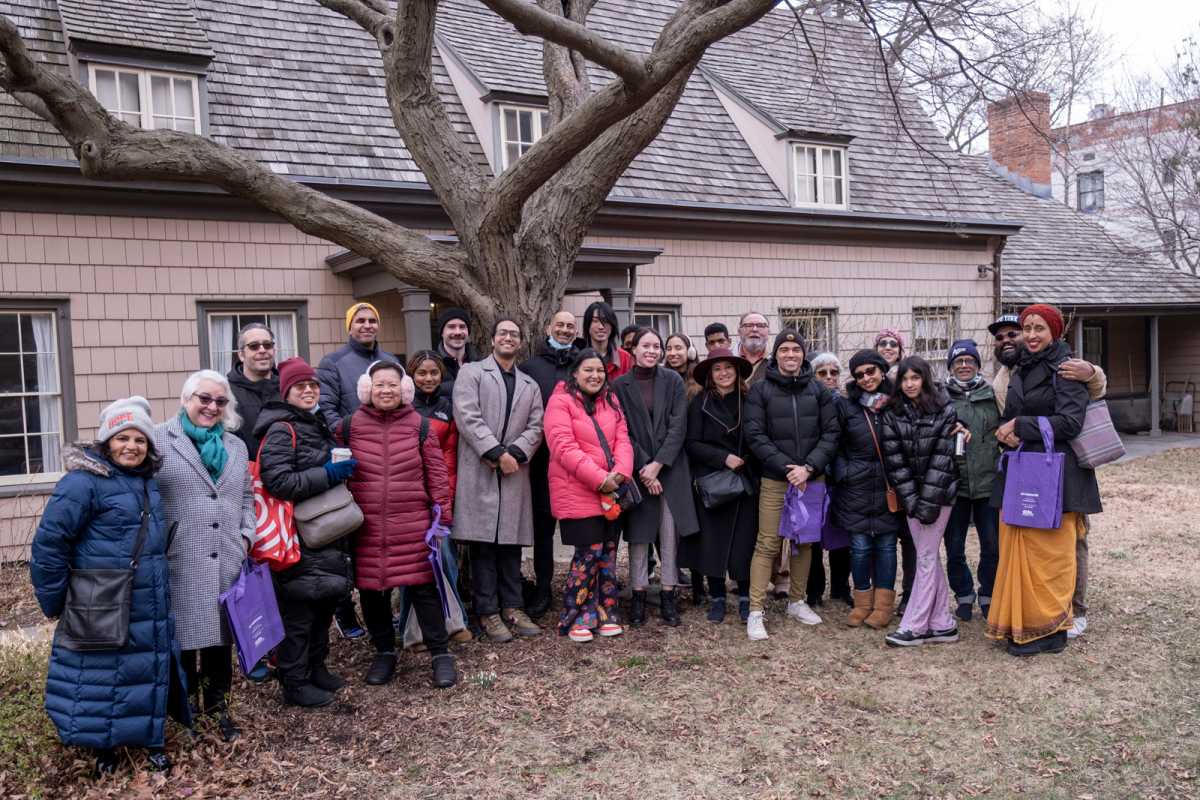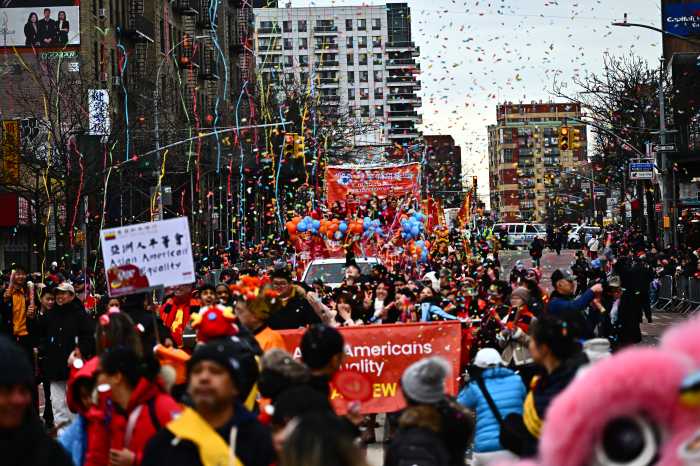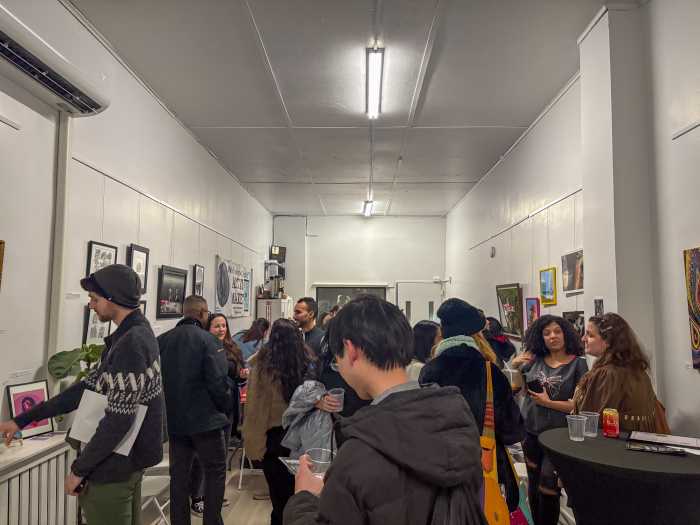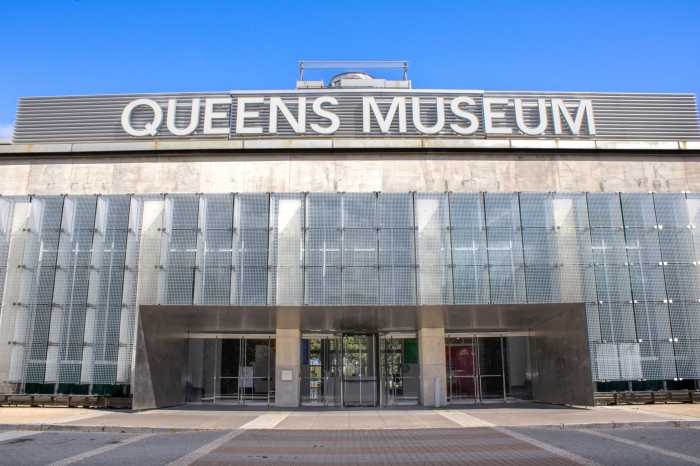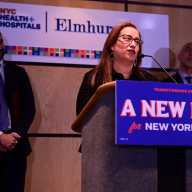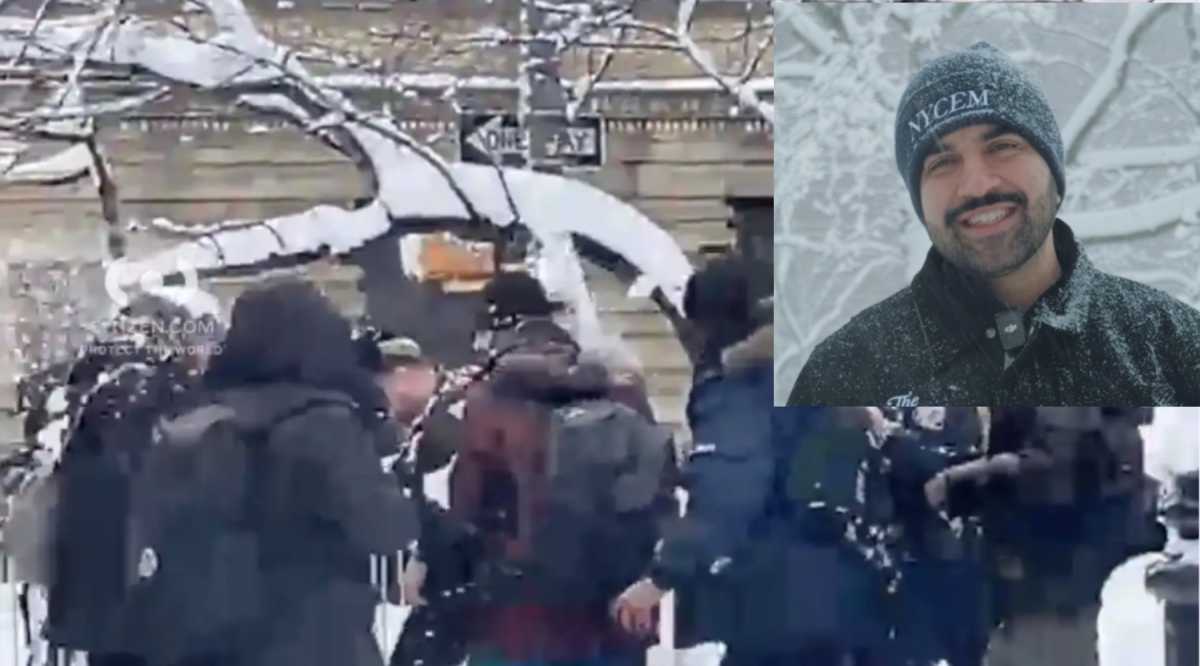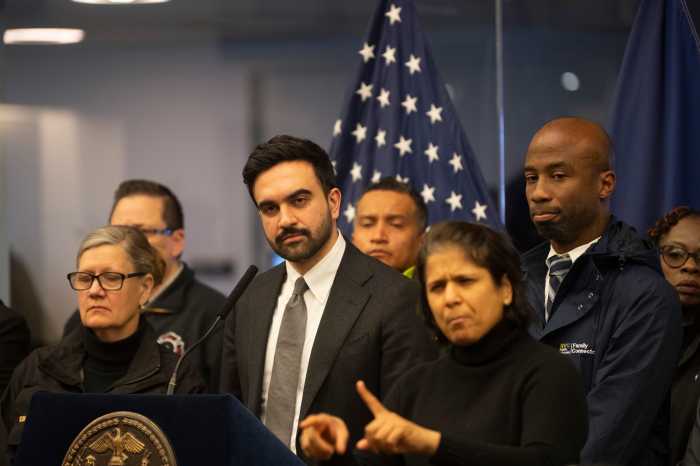On the final weekend of Black History Month, community leaders and residents from across the city gathered Sunday, Feb. 26, for a special event and tour of the Bowne House, the Flushing home that was built in 1612 and was instrumental in the abolitionist movement and a safe space on Harriet Tubman’s Underground Railroad.
The Bowne House is listed on the National Register of Historic Places and is a New York City designated landmark, and a member of the National Park Service’s Underground Railroad Network to Freedom program, which honors, preserves and promotes the history of resistance to enslavement through escape and flight that continues to inspire people worldwide.
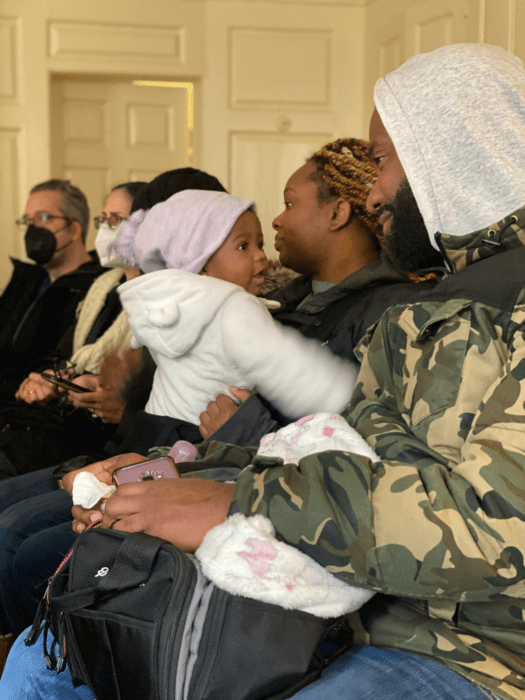
“Our ongoing mission is to educate the public about the Bowne-Parsons family and their history of activism, including John Bowne’s fight for religious freedom and the participation of family members in the Underground Railroad,” Bowne House Executive Director Elise Helmers said. “We hope the event has inspired our guests to continue learning about this rich history and to support education initiatives and historic preservation throughout New York.”
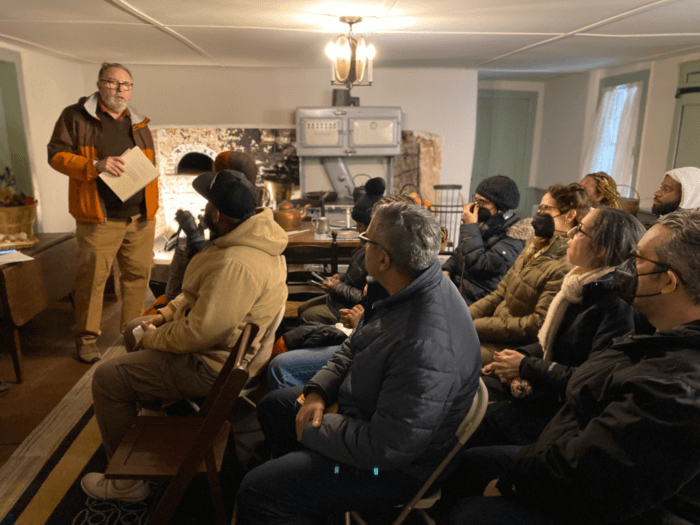
Epicenter-NYC partnered with the Underground Railroad Consortium of New York State to honor and promote Black history beyond February.
“It was monumental that we had this tour today because it was just a great example of how different communities can come together to explore a subject in depth and in detail with a full range of diverse thoughts and interests,” Underground Railroad Consortium of NYS Program Manager Sahe Hamilton-Hazarika said. “The Bowne House is an actual heritage site and research facility that is engaging in on-the-ground tours, and research initiatives to uncover more history of the Underground Railroad and showcase what that looked like in Queens.”

He added that the consortium is working with the Jackson Heights-based Epicenter-NYC as a partner to raise awareness of Bowne House and other abolition history sites to inform the next generation.
“The response to this event was overwhelming and underscores how Queens’ history in Black history,” Epicenter-NYC Publisher and Co-Founder S. Mitra Kalita said. “The eclectic crowd and their sharp questions also reinforce Epicenter-NYC’s power in convening and ensuring that storytelling past and present is inclusive and truthful. We are grateful to partner with the Underground Railroad Consortium of New York State and the Bowne House for events like these to ensure we are promoting and honoring Black history throughout the year.”
To learn more about the Bowne House, visit here.

